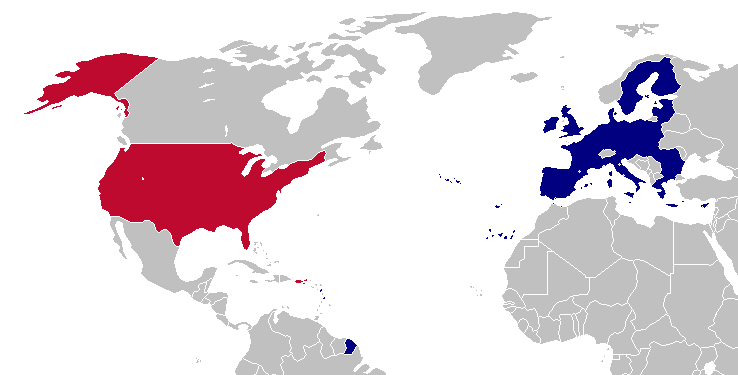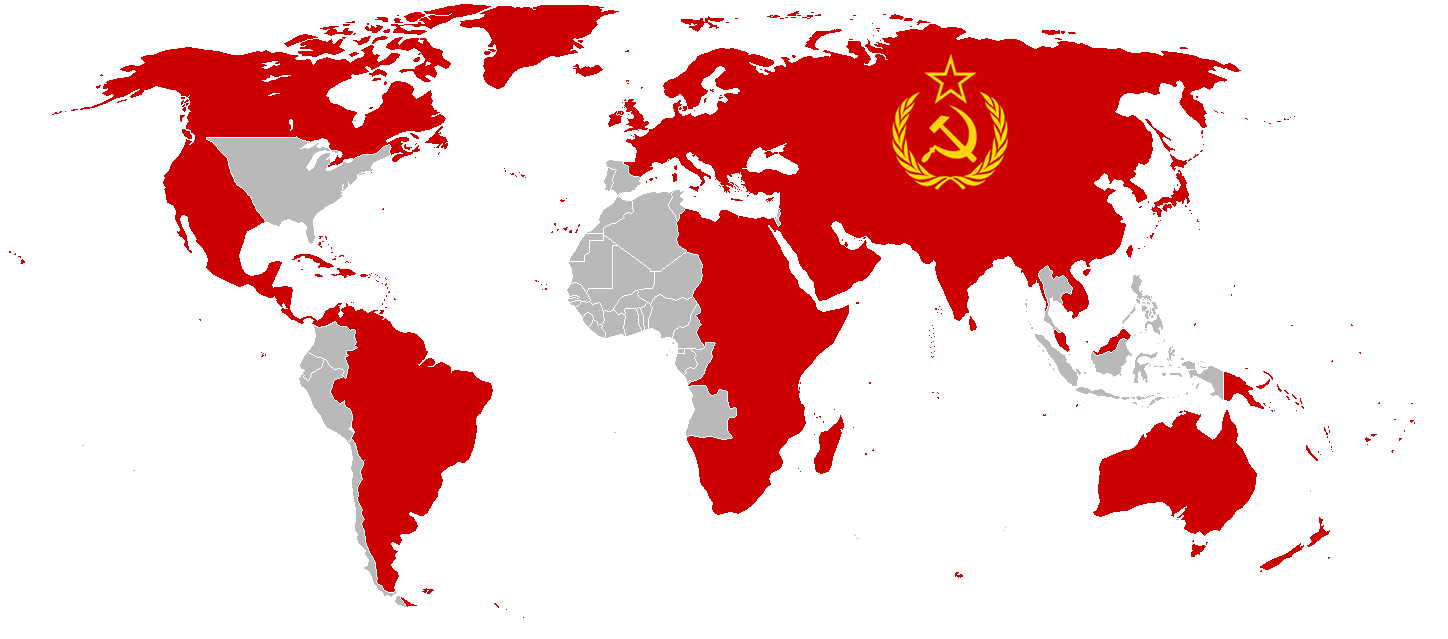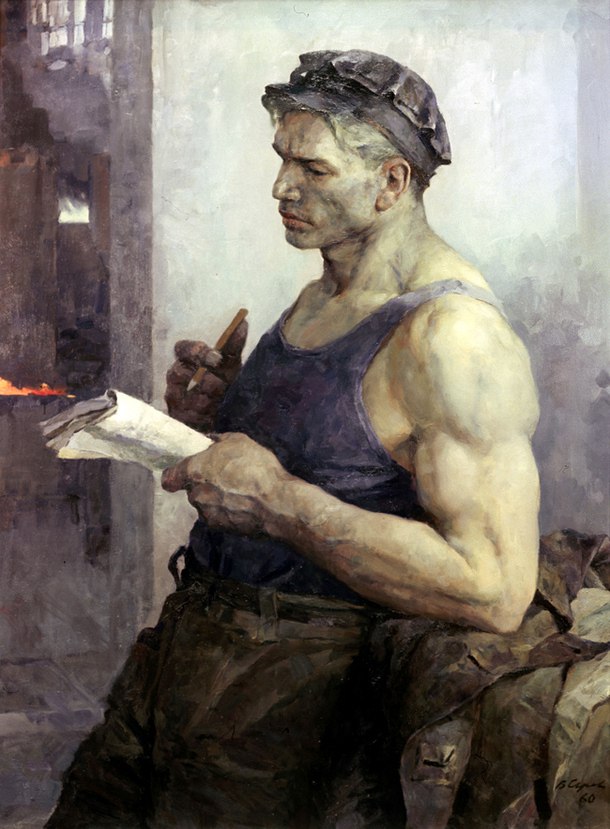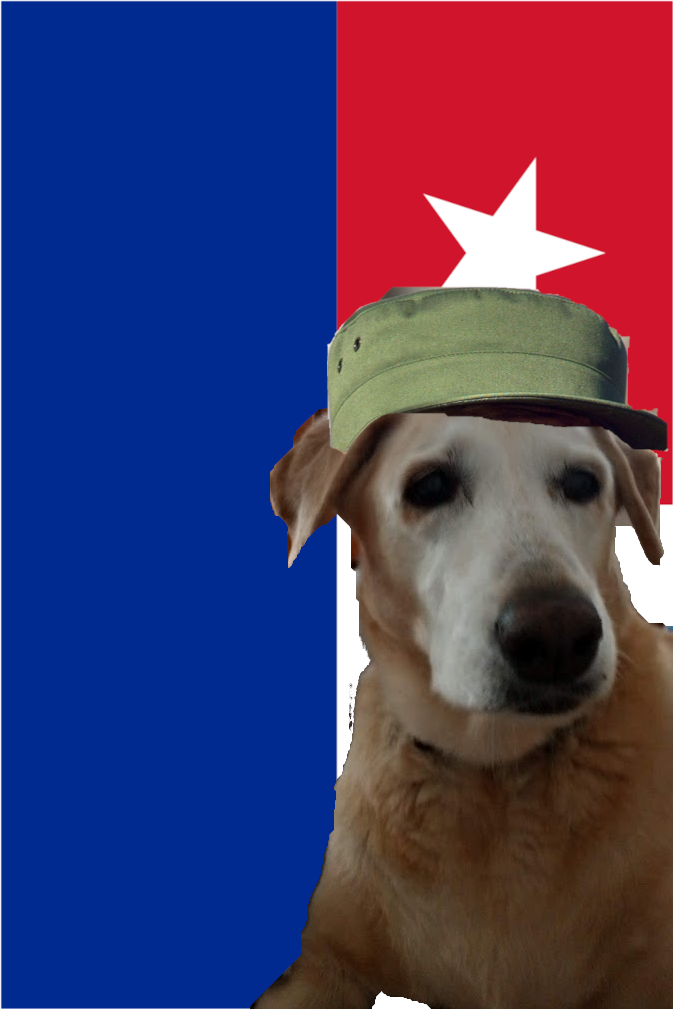What’s up with Malawi? Is there some ultra pro west government in charge or something?
@borschtisgarbo as said in spanish: “el chiste se cuenta solo”, " the joke speaks by itself"
Their whole “b-but Russia” excuse for voting no is what’s called a genetic fallacy. There is never an excuse for defending nazism.
The funny part is that this supports Russia’s case in the eyes of the rest of the world.
It’s also funny, because the US representative takes time to explicitly point out that the US voted against this resolution since it was first proposed in 2005.
US remarks start at 1 hour 57 minutes here: https://webtv.un.org/en/asset/k1r/k1r1ng1nb2
Really blows apart the whole argument that this has anything to do with the war.
i love when libs engage in braindead contrarianism, they might vote against a “communism bad” resolution if its Russia authoring it 😅
Many white gentiles will tell you that they oppose Nazism if you ask them, but it quickly becomes apparent just by listening to them that their understanding of the phenomenon is very oversimplified.
Who made this map? The UN recognises the one China policy but Taiwan is in grey here, so it can’t be them.
Grey could be an abstaining vote as Taiwan is allowed to be an observing nation. But I genuinely cant find a source to this either.
There are more and more no votes every year… this is a really disturbing trend
Even Israel and Argentina (Milei) voting in favor of this

Argentinian minister going to get fired after this
The Argentine UN Ambassador may be from Kirchner government.
Fourth Reich in red.
Serbia earned my respect, everyone else is a lapdog of the americans.
Argentina voting ‘yes’ is such a curve ball ngl
hey they might fire the diplomat who voted
Considering their current government? Not really.
They voted in favour of combatting Nazism. That’s what’s surprising
Oh, you’re right. Should’ve looked closer 😑
They only did it because the illegal zionist entity did it?
Canada’s excuse for voting “no” is because they believe it would help “legitimize” Russia’s special military operation, they think its too convenient for this resolution to be brought up now (and I believe it was also Russia who made the resolution). This is not defending Canada btw
Them voting against it further legitimizes it imo.
Honestly? I agree lol
🔥
This resolution is repeated every year for the last 20 years, IIRC. And it is always the same map.
Like clockwork. The scratched liberals love the chance to brazenly take a firm stance on Nazism. It’s just not the same stance they tell you they take in all the school textbooks and Hollywood movies.
I had no idea it came up before, that somehow makes the rejection worse.
The resolution was adopted anyway, so fuck Canada.
It was? That’s awesome lol what a ginormous L for Canada (not uncommon)
I found a YouTube link in your comment. Here are links to the same video on alternative frontends that protect your privacy:
Hastings Banda
was the leader of Malawi from 1964 to 1994. He consolidated power and later declared Malawi a one-party state under the Malawi Congress Party (MCP). In 1970, the MCP made him the party’s President for Life. In 1971, he became president for Life of Malawi itself. A renowned anti-communist leader in Africa, he received support from the Western Bloc during the Cold War.
However, he presided over one of the most repressive regimes in Africa, an era that saw political opponents regularly tortured and murdered. Human rights groups estimate that at least 6,000 people were killed, tortured and jailed without trial. As many as 18,000 people were killed during his rule, according to one estimate. His rule has been characterised as a “highly repressive autocracy.” He also received criticism for maintaining full diplomatic relations with the apartheid government in South Africa.
Banda was one of the few African leaders to support the United States in the Vietnam War, a position he adopted in part due to his hatred of communism. During Banda’s presidency, Malawi initially refused to establish diplomatic relations with any of the communist governments of Eastern Europe or Asia.
Following independence in Malawi, Banda strengthened his relationship with the Portuguese colonial government by appointing Jorge Jardim as Malawi’s Honorary Consul in Mozambique in September 1964. He also worked against Liberation Front of Mozambique (FRELIMO) forces in Malawi in continued support of the Portuguese colonial forces. By the 1980s, Banda supported both the government and the guerrilla movement during the Mozambique civil war. He successfully gave the Malawi Army and Malawi Young Pioneers opposing missions in Mozambique from 1987 to 1992.
By 1993, amid increasing domestic and international pressure, he agreed to hold a referendum which ended the one-party system. Soon afterwards, a special assembly ended his life-term presidency and stripped him of most of his powers. Banda ran for president in the democratic elections that followed and was defeated. He died in South Africa in 1997.
In 1995, Banda was arrested and charged with the murder, ten years previously, of former cabinet colleagues. He was acquitted due to lack of evidence. Banda remained quite unrepentant in his opinion of Malawians, calling them “children in politics” and saying they would miss his iron-fisted rule.
He successfully gave the Malawi Army and Malawi Young Pioneers opposing missions in Mozambique from 1987 to 1992.
Obviously farming XP to upgrade units. The fuck?
‘however’
Can you provide a source for the vote? The best I can find is 78/190 from last year (source: https://research.un.org/en/docs/ga/quick/regular/78) and that resolution had contained this unfortunate clause, which many of the countries had spoken after their vote to disassociate from:
- Notes with alarm that the Russian Federation has sought to justify its territorial aggression against Ukraine on the purported basis of eliminating neo-Nazism, and underlines that the pretextual use of neo-Nazism to justify territorial aggression seriously undermines genuine attempts to combat neo-Nazism;
Excerpt of China’s statement, for instance:
We are deeply concerned about the practice by a small number of countries of politicizing certain agenda items in the Third Committee. In view of that, China dissociates itself from the consensus on paragraph 4 of resolution 78/190.
In addition, that vote doesn’t match the map you provide.
Also the United States’ remarks on 78/190 were very telling:
We also do not need to repeat our long-standing position on this annual resolution. We have been one of several countries to vote against it from the very beginning.
Oh, got it, it’s a Third Committee vote. UN press release: https://press.un.org/en/2024/gashc4428.doc.htm
Disappointing they had to add paragraph 4 again
What’s up with Malawi?
🤷 Micronations tend to lack de facto sovereignty, so they often vote seemingly against their interests at the UN.
Greece and Poland should be ashamed of themselves
Don’t blame Greenland for this. They are a colonised people and are represented in the UN by their Danish colonial masters.
















